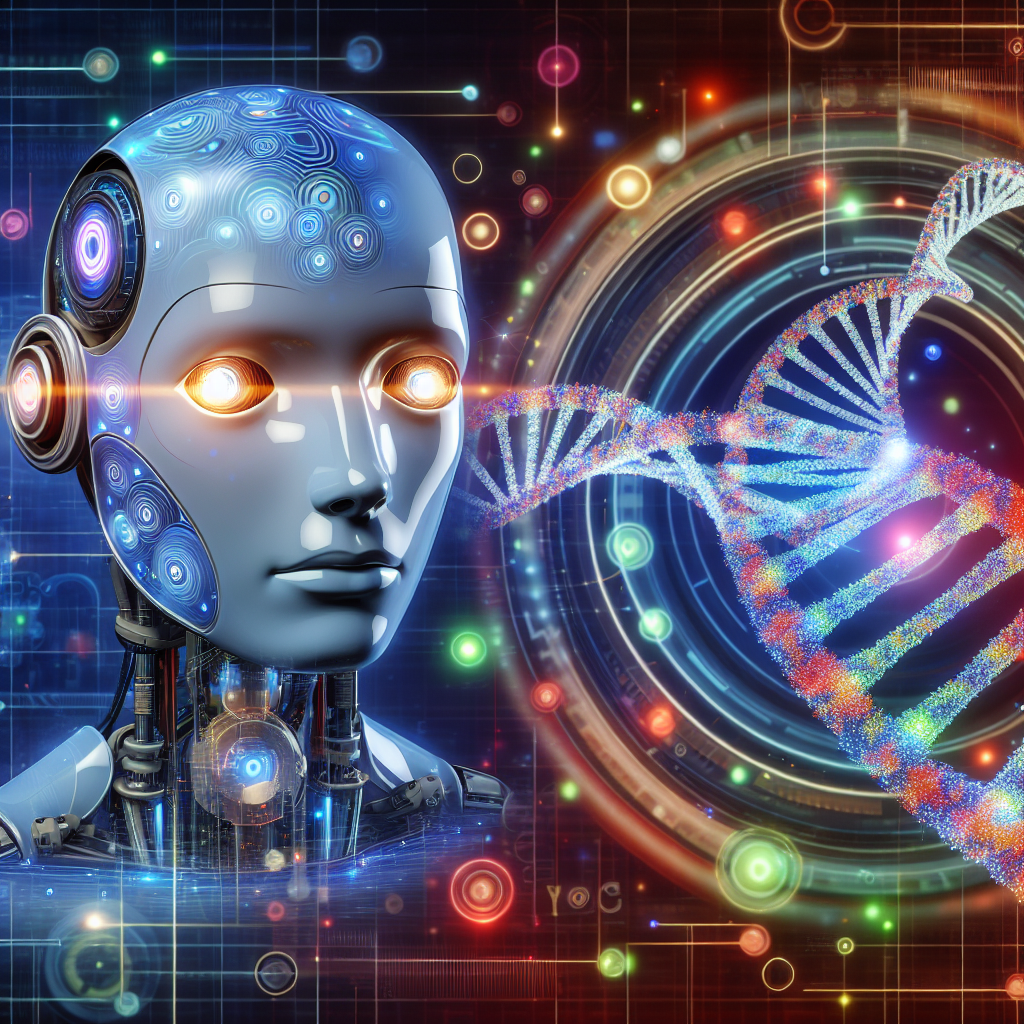In recent years, there has been a significant advancement in the field of personalized medicine, thanks to the use of artificial intelligence (AI) development. Personalized medicine is an innovative approach to healthcare that takes into account an individual’s unique genetic makeup, lifestyle, and environment to tailor treatment plans and therapies specifically for that person. By utilizing AI technology, healthcare providers are able to analyze vast amounts of data and make more accurate predictions about a patient’s response to certain medications or treatments.
AI development in personalized medicine has the potential to revolutionize the way healthcare is delivered, allowing for more precise diagnoses, treatment plans, and outcomes. This article will explore the use of AI development in personalized medicine, its benefits, challenges, and the future implications of this technology.
Benefits of AI Development in Personalized Medicine:
1. Precision Medicine: AI algorithms can analyze a patient’s genetic information, medical history, and other relevant data to create personalized treatment plans. This precision medicine approach allows healthcare providers to tailor therapies to an individual’s specific needs, leading to better outcomes and fewer side effects.
2. Faster Diagnoses: AI tools can analyze medical imaging scans, such as MRIs and CT scans, much faster than a human radiologist. This allows for quicker and more accurate diagnoses, which is critical in time-sensitive situations like cancer treatment.
3. Predictive Analytics: AI algorithms can predict a patient’s likelihood of developing certain diseases based on their genetic predisposition and other risk factors. This allows healthcare providers to take preventive measures and intervene early, potentially saving lives.
4. Drug Discovery: AI technology can analyze vast amounts of biological data to identify potential drug targets and develop new therapies. This has the potential to speed up the drug discovery process and bring new treatments to market faster.
Challenges of AI Development in Personalized Medicine:
1. Privacy Concerns: The use of AI technology in healthcare raises concerns about patient privacy and data security. It is important for healthcare providers to ensure that patient data is protected and used ethically and responsibly.
2. Regulatory Hurdles: The use of AI in personalized medicine is a relatively new field, and there are still regulatory challenges to overcome. Health regulatory bodies need to develop guidelines and standards for the use of AI technology in healthcare to ensure patient safety and efficacy.
3. Data Quality: AI algorithms rely on high-quality data to make accurate predictions and recommendations. Healthcare providers need to ensure that the data they use is accurate, up-to-date, and relevant to the patient’s condition.
4. Integration with Existing Systems: Integrating AI technology into existing healthcare systems can be challenging and time-consuming. Healthcare providers need to invest in training and infrastructure to successfully implement AI tools in their practice.
Future Implications of AI Development in Personalized Medicine:
The future of personalized medicine with AI development looks promising, with the potential to improve patient outcomes, reduce healthcare costs, and revolutionize the way healthcare is delivered. As AI technology continues to advance, we can expect to see more sophisticated algorithms and tools that can analyze complex biological data and provide personalized treatment recommendations.
FAQs:
Q: How does AI technology analyze genetic data in personalized medicine?
A: AI algorithms can analyze genetic data by comparing an individual’s genetic makeup to a reference database of known genetic variants. This allows healthcare providers to identify genetic mutations or variations that may impact a patient’s response to certain medications or treatments.
Q: How can AI technology help with drug discovery in personalized medicine?
A: AI technology can analyze vast amounts of biological data to identify potential drug targets and develop new therapies. By analyzing gene expression patterns, protein interactions, and other biological data, AI algorithms can identify promising drug candidates and speed up the drug discovery process.
Q: Are there any ethical concerns with the use of AI technology in personalized medicine?
A: There are ethical concerns with the use of AI technology in personalized medicine, particularly around patient privacy, data security, and the potential for bias in algorithms. Healthcare providers need to ensure that patient data is protected and used ethically and responsibly.
In conclusion, the use of AI development in personalized medicine has the potential to revolutionize the way healthcare is delivered, by providing more precise diagnoses, treatment plans, and outcomes. While there are challenges to overcome, such as privacy concerns and regulatory hurdles, the future implications of AI technology in personalized medicine are promising. As AI technology continues to advance, we can expect to see more sophisticated algorithms and tools that can analyze complex biological data and provide personalized treatment recommendations.

